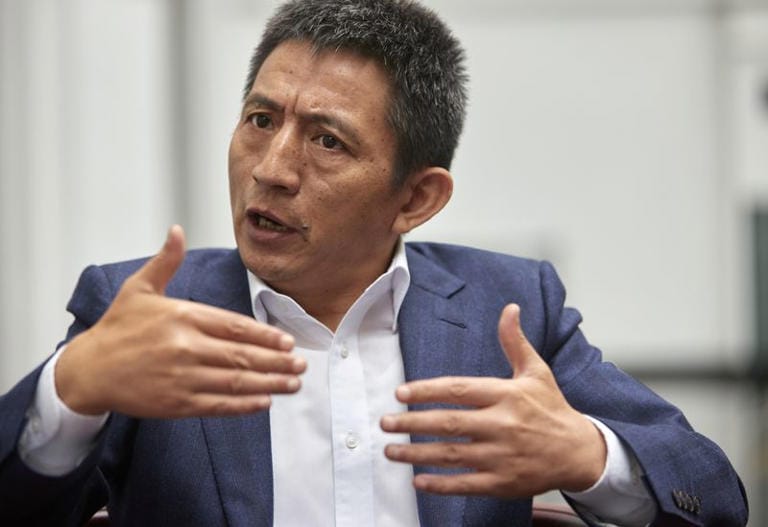Unexpected Leadership Change in Commerce Ministry
In a surprise move, China has replaced its long-standing trade negotiator, Wang Shouwen, with Li Chenggang, a former assistant commerce minister and current envoy to the World Trade Organization (WTO). The change was announced by the Ministry of Human Resources and Social Security without offering any detailed explanation.
Wang, who held the No. 2 position at the Commerce Ministry since 2022, is no longer listed on the ministry’s leadership roster. The sudden shift comes during a sensitive time in U.S.-China relations, as both sides remain locked in a prolonged tariff dispute.
Who is Li Chenggang?
At 58, Li Chenggang is no newcomer to international trade matters. He brings a wealth of experience to his new role, having served in key positions within the Commerce Ministry and as China’s representative to the WTO. He also played a role during former U.S. President Donald Trump’s first term when tensions over tariffs first flared.
Li holds academic credentials from Peking University and Hamburg University, and is regarded as a disciplined technocrat with deep knowledge of global trade frameworks.

A Shift in Strategy or Routine Promotion?
Though some analysts view the move as part of a normal leadership reshuffle, others believe it could signal a shift in China’s trade strategy. Wang Shouwen was known for his uncompromising negotiation style. One insider from the foreign business community in Beijing described him as “a bulldog—very intense.”
With President Xi Jinping currently visiting Southeast Asian nations such as Vietnam, Malaysia, and Cambodia to reinforce regional economic ties, this reshuffle comes at a crucial moment. The question remains: Is this a strategic play to recalibrate China’s approach in its trade dealings with Washington?
Mounting Tariff Pressures and WTO Clashes
China has taken a firm stance against U.S. tariffs, choosing to raise its own levies instead of rushing into bilateral agreements. At a WTO meeting in February, Li strongly criticized the United States for its “unilateralist” approach, calling out Washington for creating “tariff shocks” that disrupt the global economy.
“The U.S. is blatantly violating WTO rules,” Li said. “This undermines the multilateral trading system, and China urges the U.S. to correct its practices.”
High Stakes and Growing Uncertainty
Trade tensions between the U.S. and China have shown no signs of easing. While U.S. officials claim the door remains open for a deal, they continue to insist that Beijing must make the first move. Meanwhile, China has stood firm in its demand that any talks be based on mutual respect and equality.
Alfredo Montufar-Helu, a senior advisor at the Conference Board’s China Center, described the timing of the change as “abrupt and potentially disruptive,” especially given Wang’s extensive experience in U.S.-China negotiations.
Looking Ahead: Can Li Chenggang Reset the Dialogue?
As the global economic landscape becomes increasingly polarized, all eyes are on Li Chenggang. Whether this leadership change marks a tactical shift or simply a routine promotion, it’s clear that China is preparing for a new chapter in its trade diplomacy.
With the world watching, the hope is that Li’s experience and diplomatic background could help break the stalemate and bring the two economic giants back to the negotiating table.
